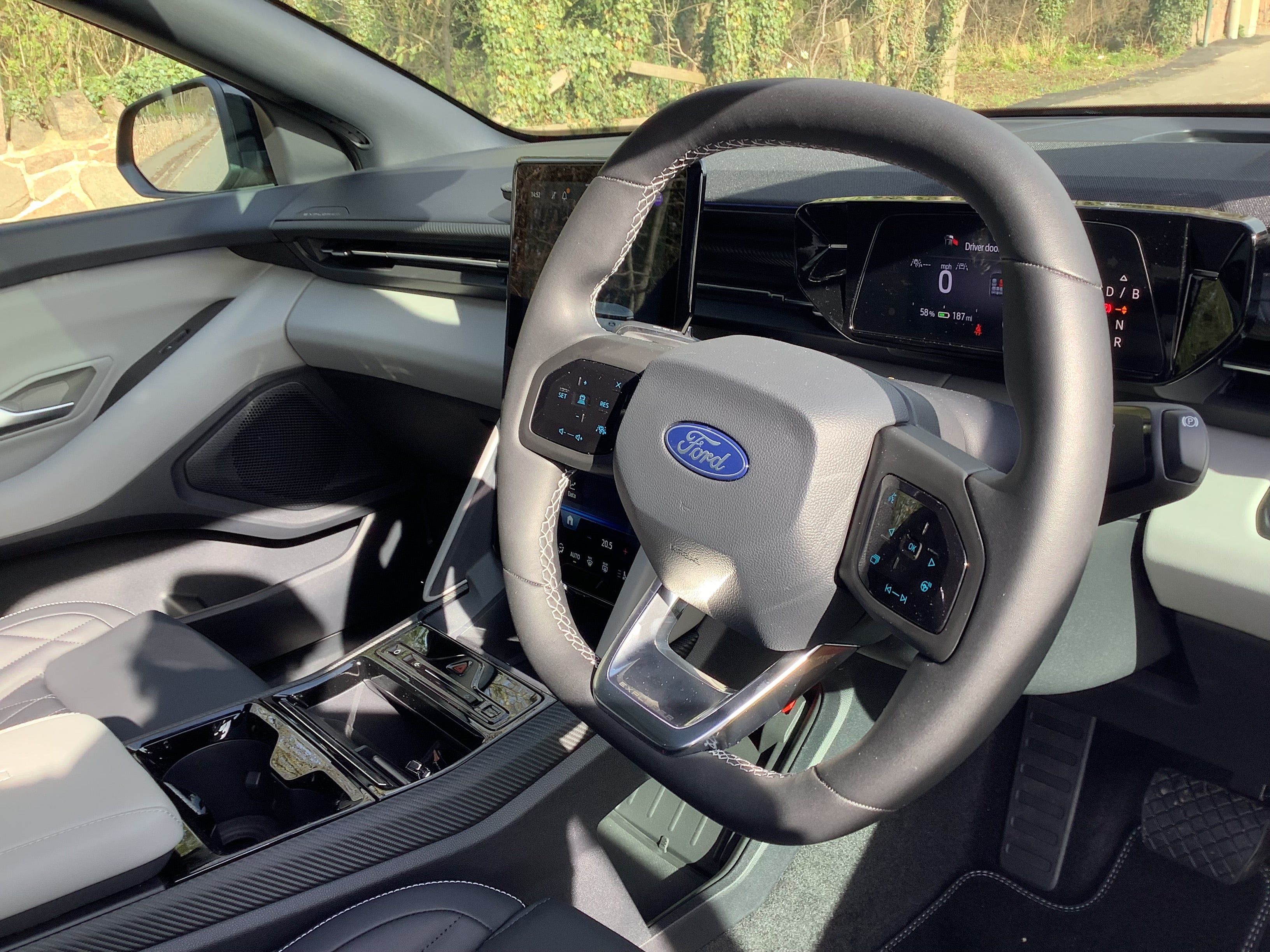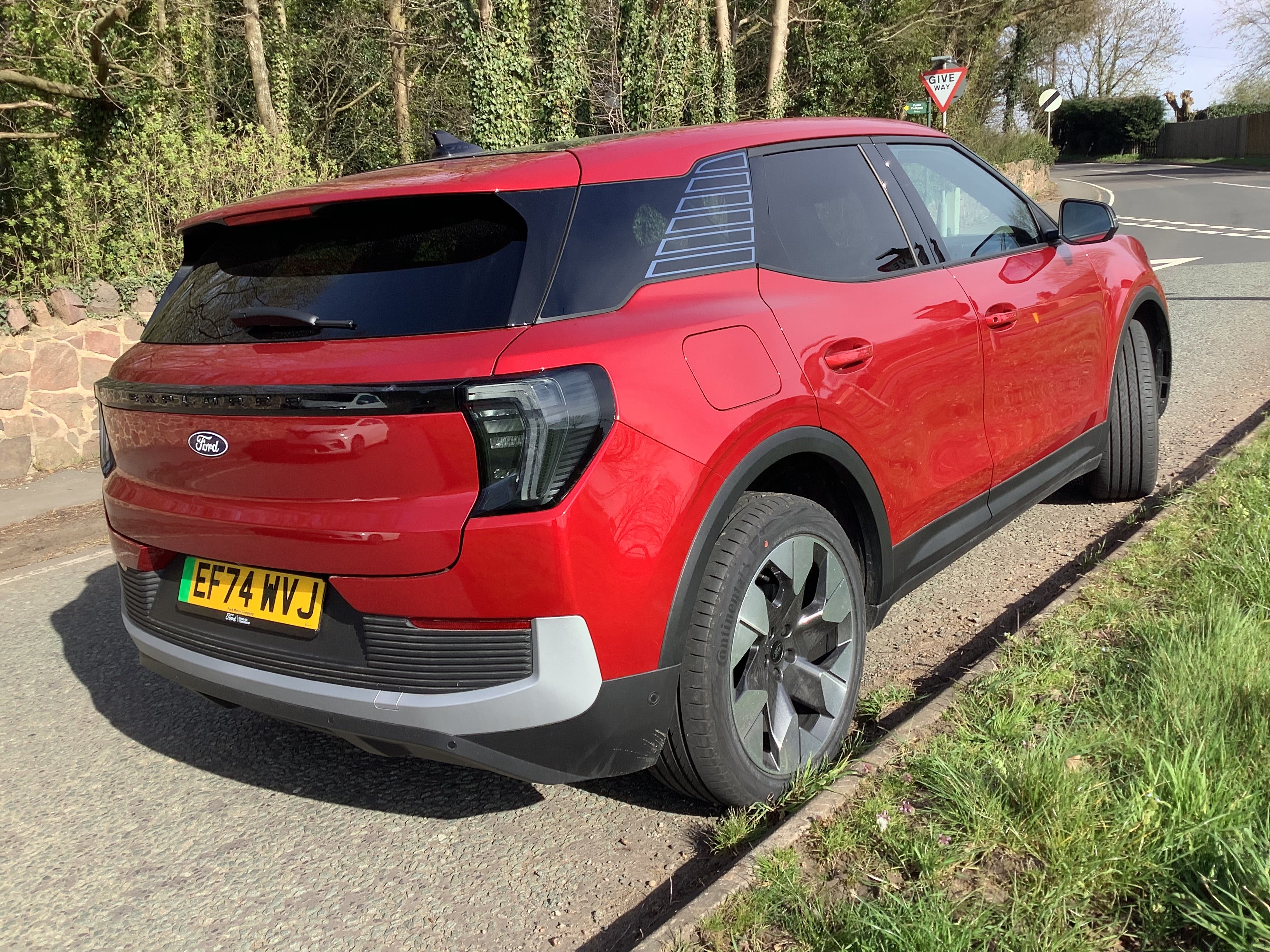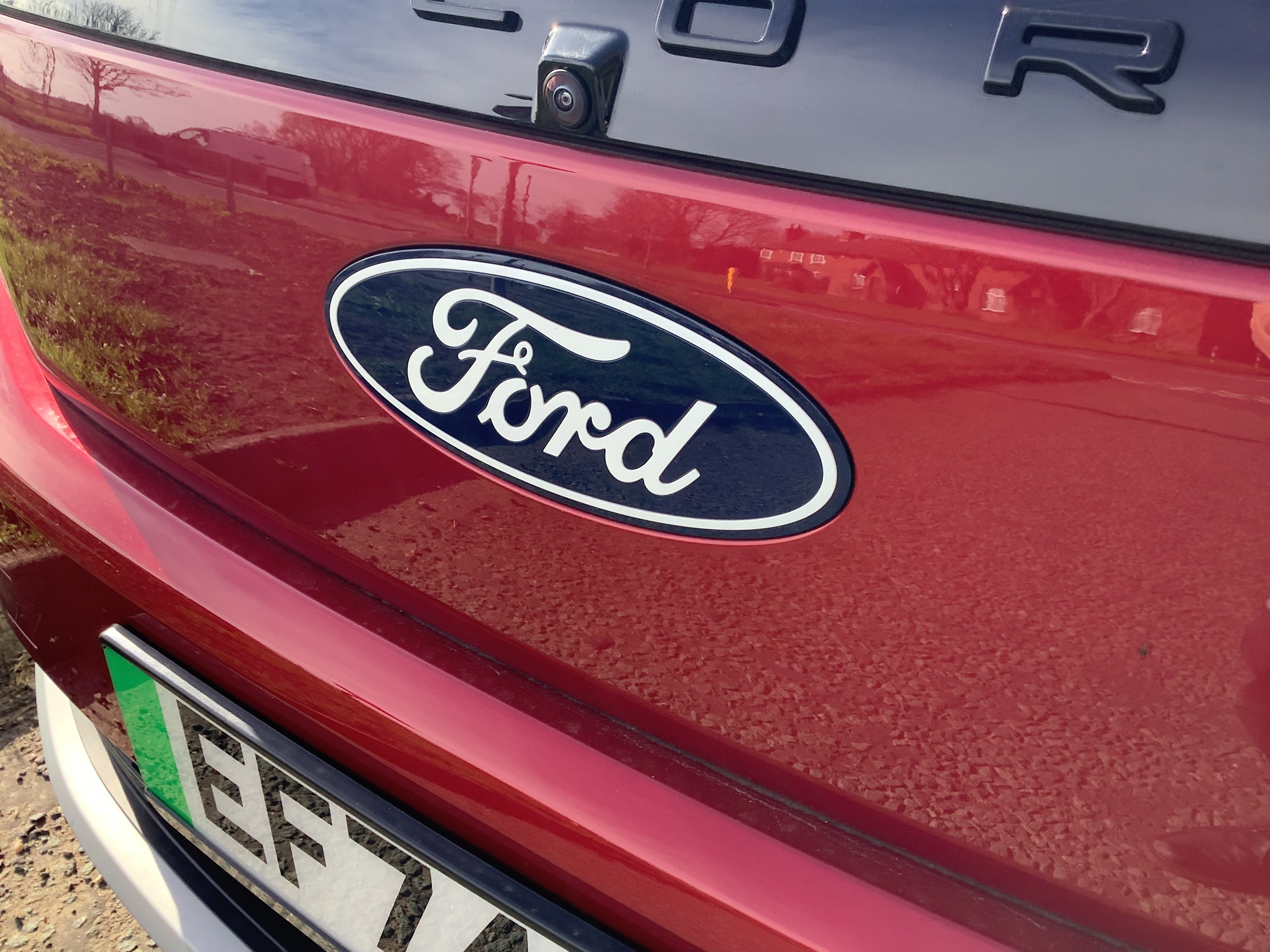There’s a lot to be said for the new Ford Explorer, which can now be glimpsed occasionally on our streets. It’s a “proper” fully electric vehicle, entirely battery (lithium ion) powered with a real-world range of between 200 and 280 miles, the usual ultra-low benefit-in-kind tax liability for company car users (a big driver of EV sales), and, well, it looks nice.
In contrast to its more exuberant sibling, the new Ford Capri, the Explorer is the more sensible version of a mid-range Ford; if you’ve a feel for the recent past of motoring, you may think of it as a modern-day and thoroughly green successor to the once-ubiquitous Cortina/Sierra/Mondeo.

Just like those predecessors, it’s neatly styled, drives well and is well suited to the needs of the average family. It’s a Ford, too, so you should never be far away from a dealer. The only slight issue with the Explorer is that it’s not as quick to take a fast recharge as, say, the Kia EV6
What’s a little dispiriting about the new Explorer has nothing to do with the car itself – a perfectly competitive product – but the fact that it’s a symptom of a regrettable homogenisation of the automotive sector, or at least its mainstream European presence. You see, beneath that well-proportioned, pleasing bodywork lies a base of almost pure Volkswagen, and specifically the VW ID.4.

Ford and VW Group, both great names in the industry but both relative latecomers to the EV party, are now partners (and also collaborating on smaller commercial vehicles). The Explorer’s modular platform, batteries and electric motor are is shared with the VW ID.4, which means they’re also shared with the rest of the VW’s close relatives – the VW ID.3, Audi Q4 e-tron, Cupra Born, Skoda Enyaq and various coupe derivatives, plus, of course, the aforementioned Ford Capri. The variety of products in the marketplace is thus, to an extent, less impressive than it looks, and especially so when so many of the basics are shared across the ranges.
It is a similar story at the sprawling Stellantis group, where Peugeots, Citroens, DS cars, Vauxhalls, Jeeps, Fiats, Alfa Romeos and others are similarly closely linked below their distinctive sheet metal. More models, less choice, you might say. In fact, there isn’t so much to choose between many of these in terms of efficiency or range, and thus economy, at any given size of battery pack and drivetrain.
Now, in the case of this car, and with the Explorer acting as a successor to the always entertaining Focus, Ford has worked hard to make this more of a driver’s car than its VW siblings. So it’s widened the track, shortened the overhangs and tuned the suspension to make it that much more responsive to your inputs. It’s succeeded in that, and the Explorer, which I drove in the more expensive all-wheel drive version, doesn’t feel quite as “heavy” on the road from what I recall the ID.4 did – and both weigh more than two tonnes, don’t forget.
The Ford restyle is also far more attractive than the ID.4 or ID.3 (the Explorer sits between them in size), and is also easier on the eye than the ungainly Enyaq (albeit also a fine car otherwise). The Explorer’s interior is soberly laid out, but lacks nothing in the way of comfort and safety. On balance, the cheapest models in the Explorer lineup, albeit with a lower range and only rear-wheel drive, will suit most users best, and for private buyers doing relatively high mileages, will be the most sensible value next to the fossil fuel alternatives.
One last point, though, about choice and alternatives. These days, if you look behind the mainstream familiar brands, such as Fords, Vauxhalls and VWs, there’s actually some refreshingly different stuff to experiment with. The South Korean marques, Kia and Hyundai, are fairly accomplished (the Ioniq 5 being a favourite of mine), but the real novelties are the still-unfamiliar Chinese entrants – BYD, Omoda, Jaecoo, GWM (Great Wall Motors), XPeng, Haval…

In feel and the user interface, they’re mostly a bit of a departure from the established European makes, but are none the worse for that. In due course, they may fall foul of what we may call geopolitical developments (trade wars), but for the time being you should be aware that, while for many a Ford or a VW will always be a default choice, when you go electric you can change your motoring life in more ways than one.



